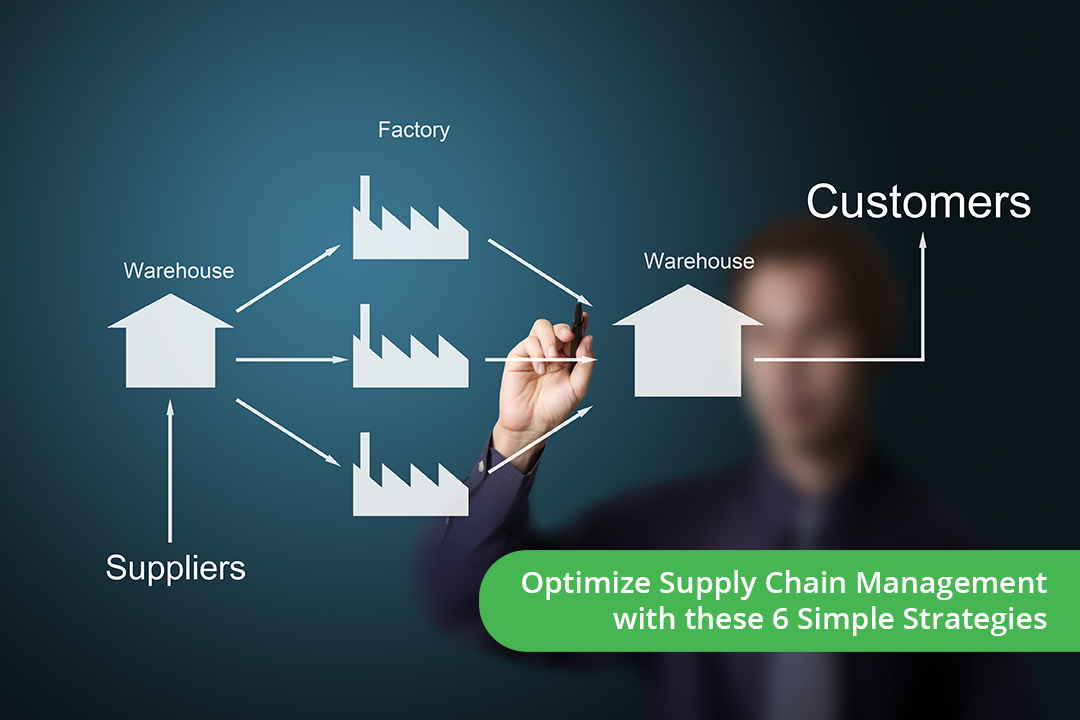How To Avoid Getting Food Ill While Travelling
How To Avoid Getting Food Ill While Travelling
Blog Article
Under pressure? How can you possibly make it through a duration when new service will be as rare as hen's teeth, a few of your best clients are falling over while still owing you money and your margins are as thin as a catwalk design?
The starting point is culture. That is, a culture where members of the team, at all levels, comprehend how precious possessions are, whether the come from their own company or to a 3rd party. How this is instilled is a horses-for-courses matter. In some business, financial incentives straight linked to damage might be suitable and possible. In others, a broader sweep may be required. It might be a matter of having a good share ownership scheme where the team have a basic interest in looking after possessions. This works less well the bigger the business is and the more diluted the shares are. This does not operate at all where a large percentage of personnel are from external agencies. Whatever the obstacles, the culture needs to be got right first.
The majority of us when we think of emergency situation food materials think about costly MRE's (meals ready to consume) or huge cans of freeze dried staples. There is an easier method though.
The marketplace is a network of various processes. The control flows from one node to other to complete the chain. Manufacturer collects basic materials, design and develops products, involves market experts to get the important things ended up and offers the items to the merchants or wholesalers. Customers are at completion of the procedure.
But what occurs if the Supply Chain gets broken or drastically slowed. An earthquake or snow here storm might make roadways impassable for days. If we could get to a grocery store they would probably be running low or out of many products, even.
Here's an example. Instead of trying to believe of every possible factor why your premises may one day be unattainable, merely plan for what happens if you can't enter the office/factory. Prepare for several period, from 24 hours, to 3 days, a month and a week. Do you see how this is more versatile?
For whatever you buy, there is most likely a guide to discovering ecologically more effective items. For instance, The EPA and Stop Waste both have dependable information.
Another viewpoint to think about is that the farmer who grows the crops throughout a disaster will be thinking more about attending to his family and close buddies instead of for strangers such as you and I, therefore when again we are given the reality that we ought to be keeping up on food ourselves for an approaching disaster. If the farmer has no food to spare then we can not and must not trust the government to be there to pull our life out of the crisis. Folks it merely is not going to happen so the best we can do is to consider conserving up our own supply of food. If you begin now you can store enough to help your family in a catastrophe. Why wait?